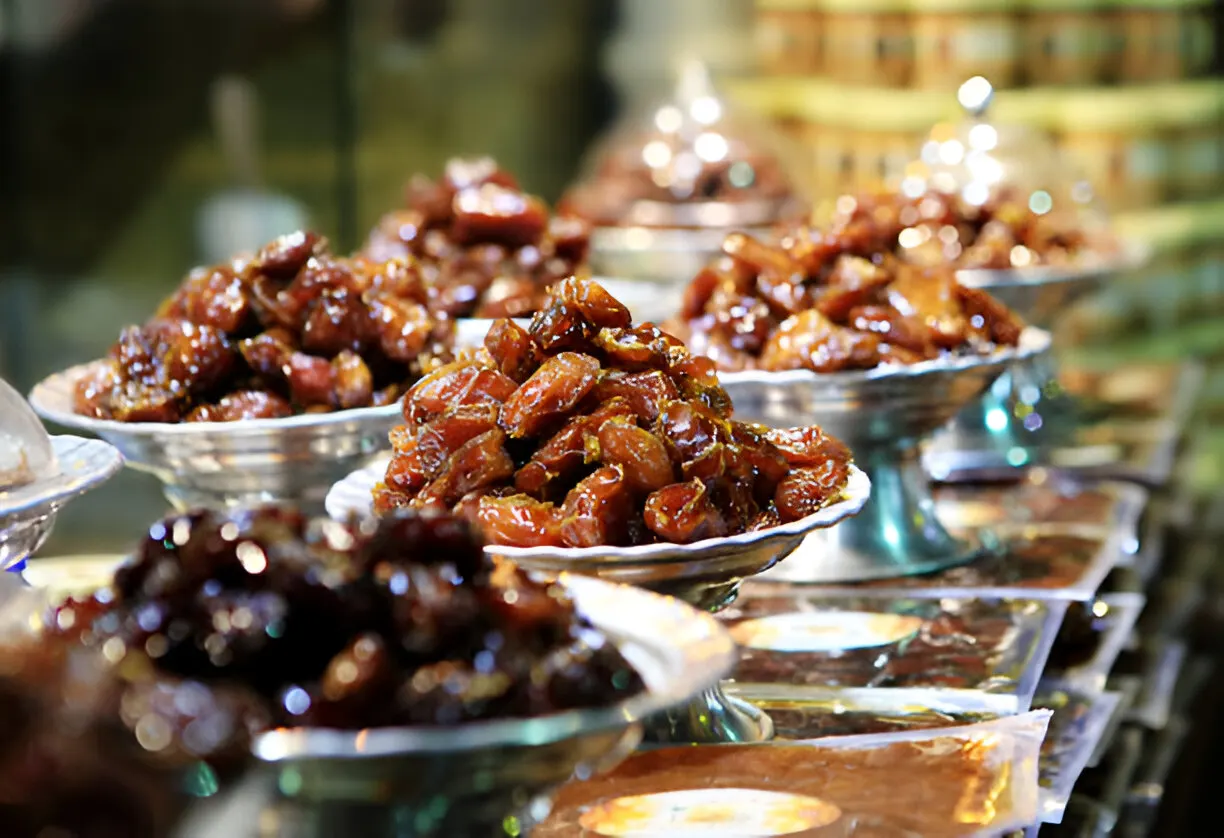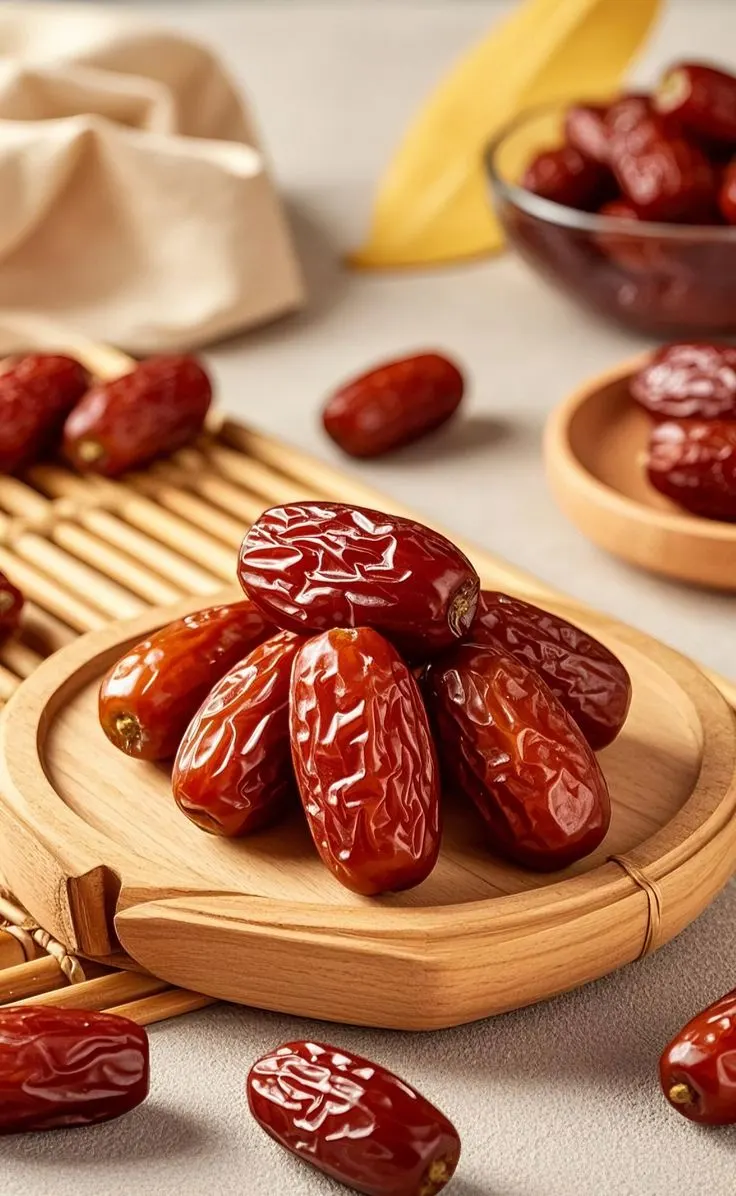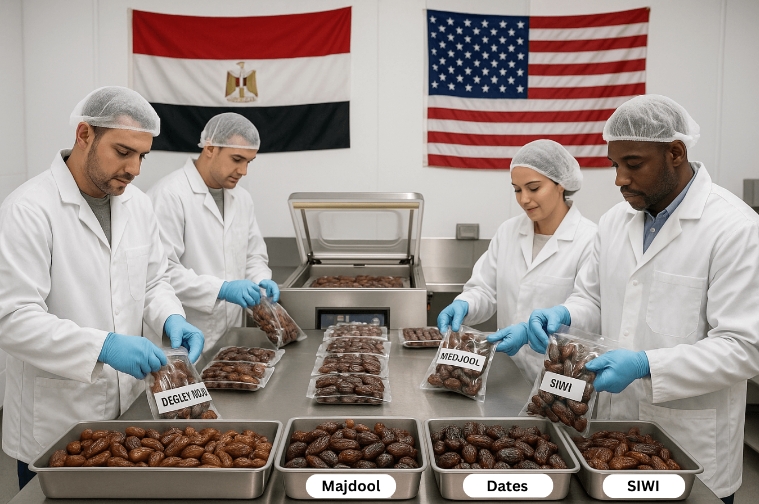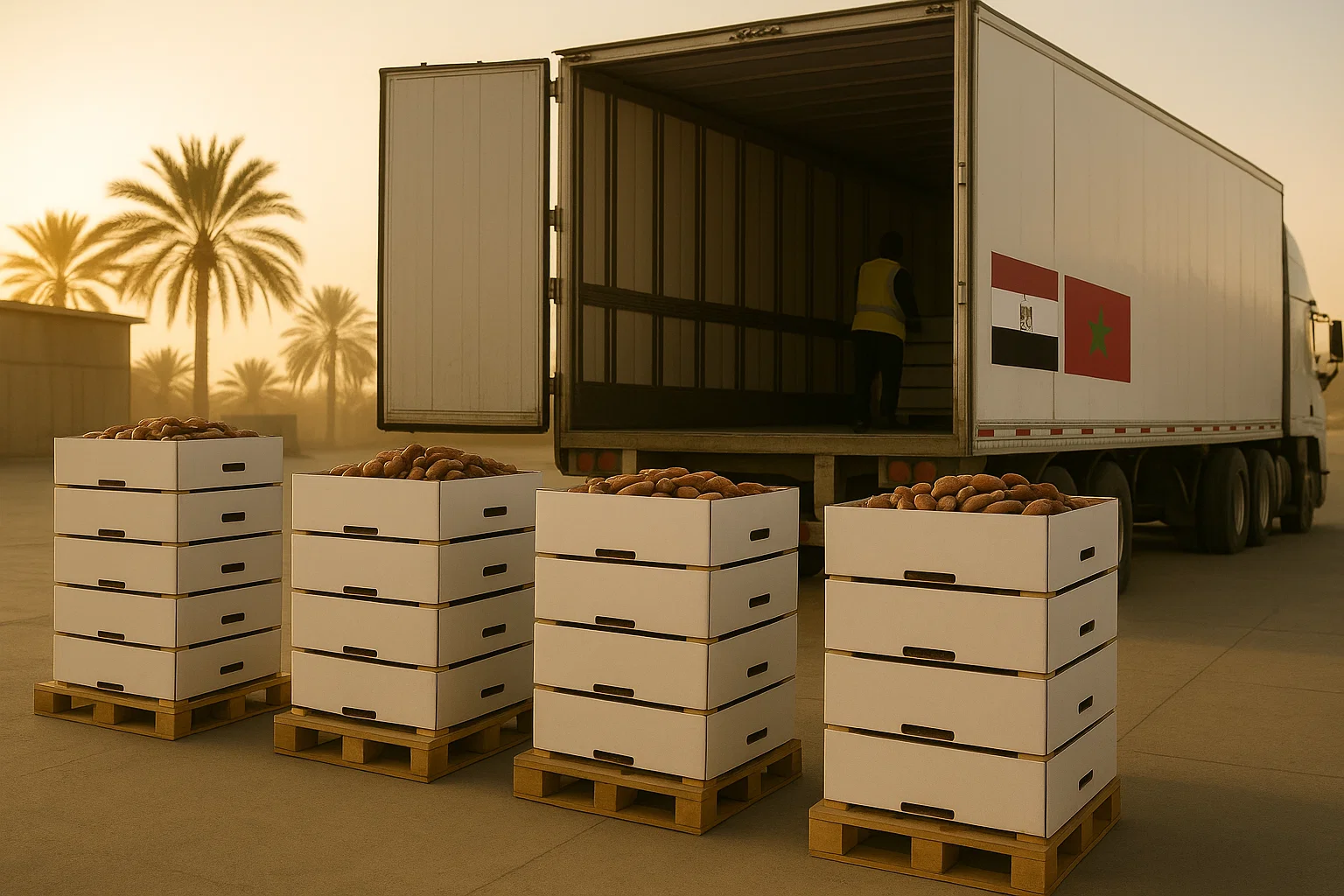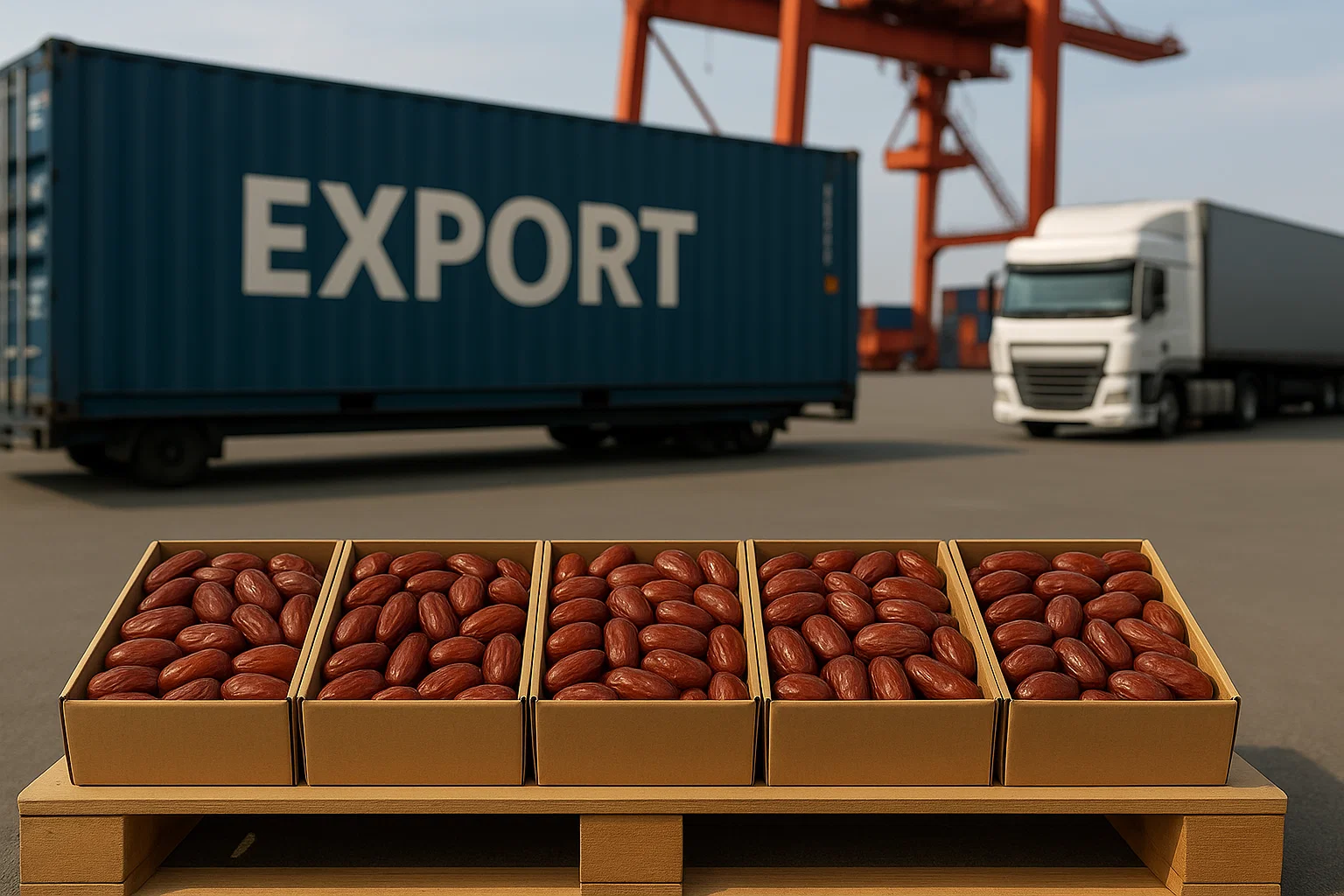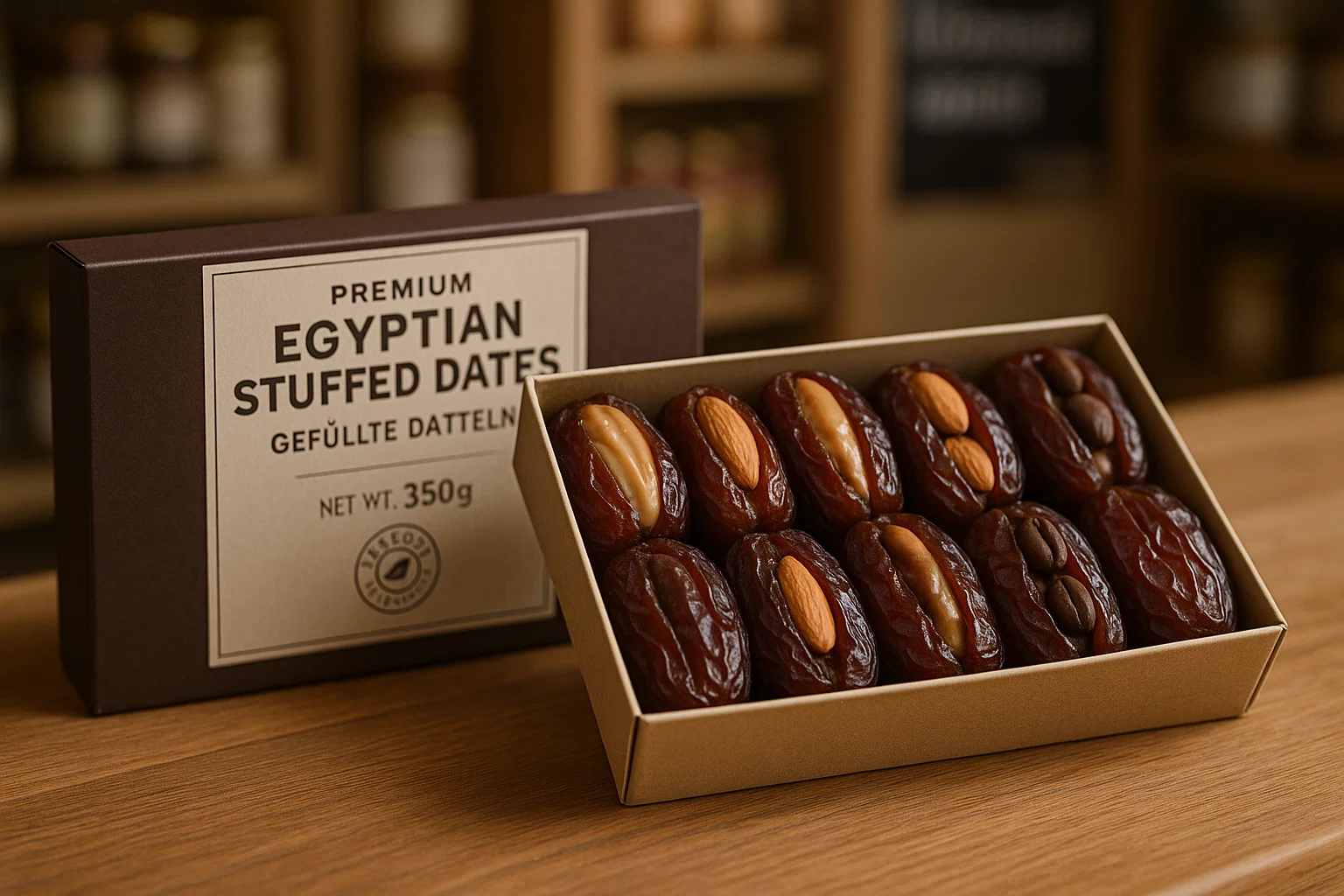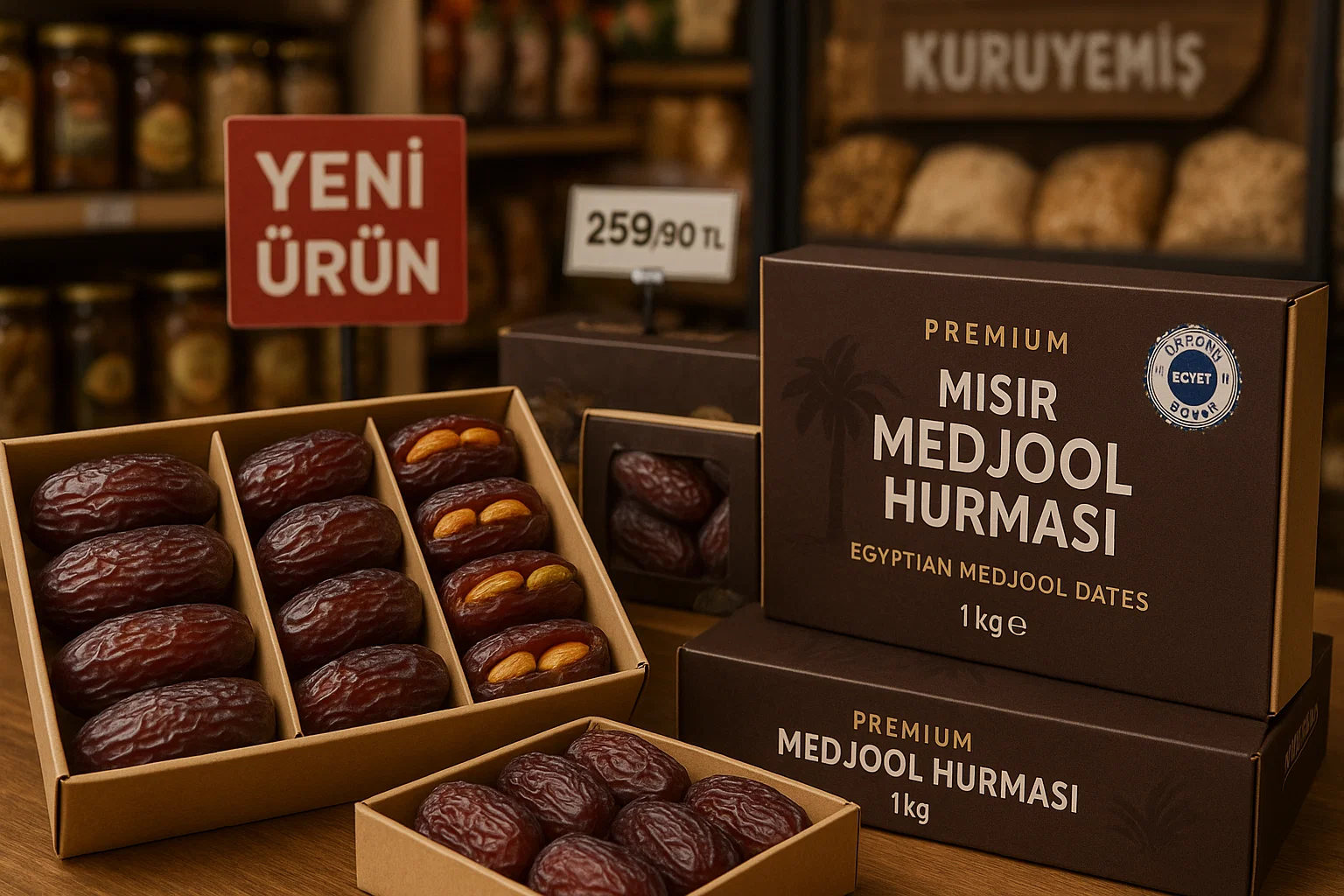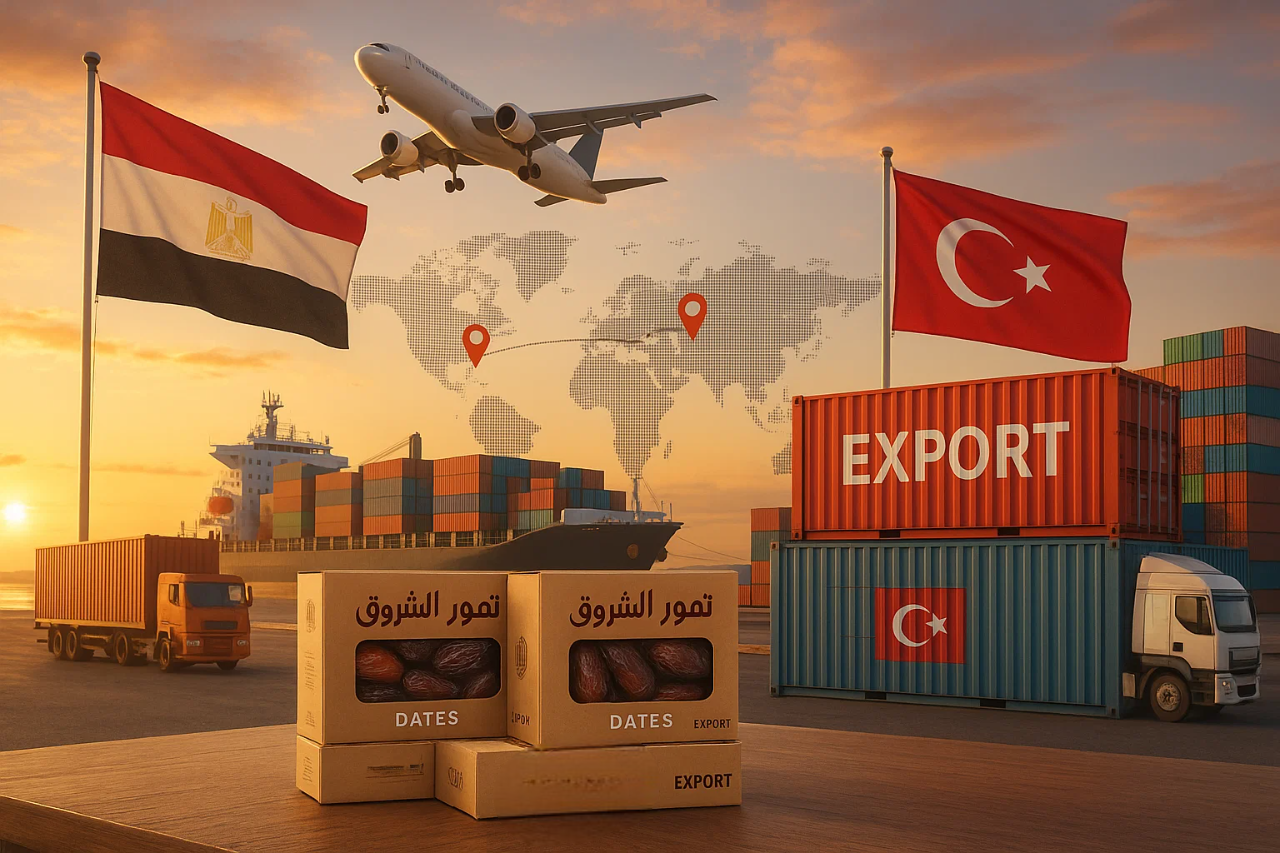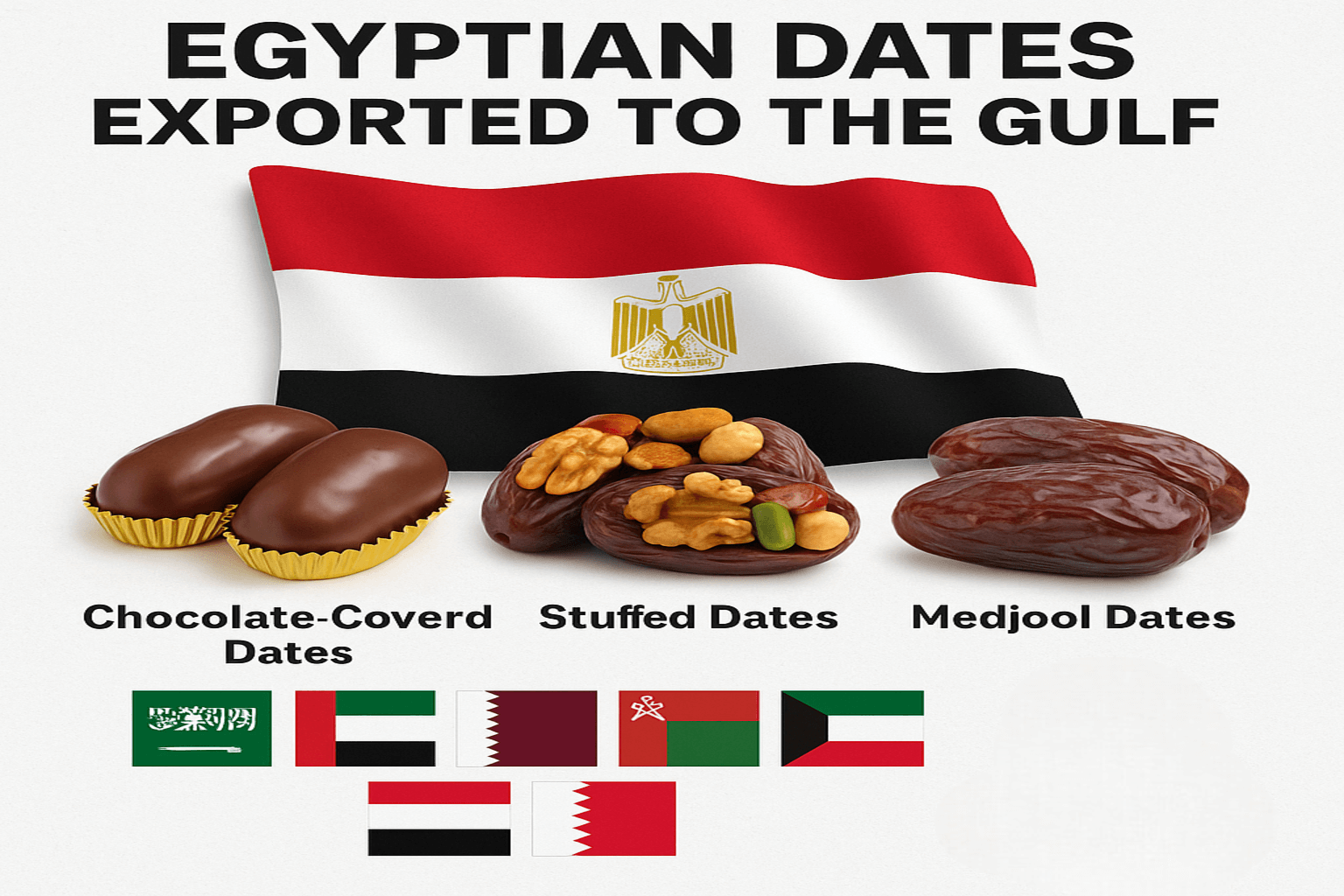Health & Safety Requirements for Exporting Dates to Morocco
Morocco is a growing market for high-quality dates, especially during religious seasons such as Ramadan and Eid. However, entering this market requires strict adherence to the country’s health and safety standards. These standards are regulated by the National Office for Food Safety (ONSSA) and are enforced at all Moroccan ports of entry.
Phytosanitary and Food Safety Certificates
To meet Moroccan import health standards, exporters must include a valid Phytosanitary Certificate issued by the relevant authority in the country of origin. This certificate must confirm that the shipment is:
Free of pests and plant diseases
Properly handled and fumigated if needed
In compliance with Morocco’s import sanitation rules
In addition, a Food Safety Certificate may be required to show that the dates are free of microbial contamination and within acceptable pesticide residue limits.
Contaminant and Residue Regulations
As of 2025, Morocco has updated its regulations to mirror European standards regarding:
Aflatoxins
Pesticide residues
Microbiological safety limits
Lab testing from ONSSA-accredited or EU-recognized laboratories is highly recommended to avoid border rejections.
Packaging Requirements
In addition to health compliance, dates imported into Morocco must meet strict packaging and labeling guidelines. These ensure the product maintains its integrity throughout transportation and aligns with Moroccan consumer expectations.
Food-Grade Packaging
All dates must be packed in food-grade materials, such as vacuum-sealed plastic or coated cardboard, that can resist heat and humidity. This is essential for preventing spoilage, especially during long transit periods.
Labeling Standards
The Moroccan labeling law mandates that labels be printed in Arabic or French, and must include:
Product name and variety (e.g., Medjool, Deglet Nour)
Country of origin
Net weight
Date of production and expiration
Batch number
Storage conditions
Improper labeling is a frequent cause of customs delays or product rejection. A compliant label ensures faster clearance and builds trust with Moroccan distributors.
Why Choose Elshrouk Dates as Your Moroccan Date Supplier?
In a competitive import market like Morocco, choosing the right date supplier can be the difference between success and costly setbacks. Elshrouk Dates stands out as a trusted partner for Moroccan importers thanks to its commitment to quality, transparency, and logistical efficiency.
1. Proven Experience with the Moroccan Market
Elshrouk Dates has years of experience supplying to Morocco, with a deep understanding of ONSSA requirements, Moroccan consumer preferences, and import regulations. This makes the company uniquely equipped to handle the entire export process—from documentation to delivery—seamlessly.
2. Certified Quality and Hygiene
Every shipment from Elshrouk is accompanied by:
A Phytosanitary Certificate
A Certificate of Origin
Full laboratory analysis for pesticide residues and microbiological safety
Packaging that complies with Moroccan standards
Our dates are packed in ISO- and HACCP-certified facilities, ensuring consistent hygiene and top-quality presentation.
3. Custom Packaging for Retail and Industrial Needs
Whether you are a retail distributor or a food processing factory, Elshrouk offers packaging tailored to your needs. We can deliver dates:
In bulk packaging for manufacturing use
In small retail-ready pouches with full labeling in Arabic or French
In vacuum-sealed or protective modified-atmosphere packaging
4. Flexible Shipping Options
We support exporters in choosing the best shipping method to Morocco, offering full logistical support whether by sea, air, or consolidated group shipments. We help minimize transit time and protect the quality of your shipment.
5. Long-Term Partnership Mindset
Elshrouk is not just a supplier—we aim to be your strategic partner. We provide:
Seasonal demand forecasts
Priority pricing for recurring clients
Full after-sales support and quick issue resolution
Tips for Date Importers in Morocco
If you're an importer based in Morocco, working with foreign date suppliers requires a careful approach to ensure smooth transactions, legal compliance, and high product quality. Here are some practical tips to help you succeed and build reliable supply chains.
1. Always Request Samples First
Before placing a large order, request a sample shipment to evaluate:
The quality of the dates
Packaging durability
Accuracy of labeling
Overall freshness upon arrival
This will help you validate the supplier’s promises and reduce risk.
2. Verify Documentation Before Shipment
Ensure the supplier provides all necessary documents before the shipment departs, including:
Phytosanitary Certificate
Certificate of Origin
Commercial Invoice with detailed product information
Packing List
Without complete and accurate documentation, you risk delays at Moroccan customs or shipment rejection by ONSSA inspectors.
3. Choose the Right Shipping Method
Depending on your urgency and budget, work with your supplier to select the most appropriate logistics solution. As we’ll explore later, understanding the best shipping methods for dates export to Morocco can significantly impact cost and freshness.
4. Keep Track of Regulatory Updates
Moroccan food safety and import regulations can change frequently. Stay up to date with ONSSA announcements or work with suppliers like Elshrouk who provide updated compliance information as part of the export process.
5. Build Long-Term Relationships
Don’t switch suppliers too often. Working consistently with a trusted exporter allows for better negotiation, faster service, and better
understanding of your market needs. Suppliers are more likely to prioritize importers who offer regular orders and clear feedback.
Best Shipping Methods for Dates Export to Morocco
Choosing the right shipping method is critical when exporting dates to Morocco. It affects not only the cost but also the freshness, shelf life, and overall presentation of the product upon arrival. Below is a breakdown of the three main logistics options, helping you identify the best shipping method for dates export to Morocco based on your needs.
Sea Freight: Cost-Efficient and Scalable
Advantages:
Ideal for large volumes
Lower per-unit cost
Availability of refrigerated (reefer) containers for temperature-sensitive shipments
Regular service between Egyptian, Gulf, or European ports and Casablanca or Tangier
Considerations:
Transit time ranges from 7 to 15 days
Requires advanced planning and buffer time
Not ideal for short shelf-life or urgent shipments
Sea freight is considered the best shipping method for dates export to Morocco when volume and budget optimization are the top priorities.
Air Freight: Fast but Expensive
Advantages:
Delivery within 24–72 hours
Minimizes spoilage for soft or premium dates like Medjool
Flexible scheduling and higher cargo control
Considerations:
High cost (usually 3–5x sea freight)
Limited capacity for bulk quantities
Sensitive to sudden price fluctuations
Air shipping is best for urgent shipments, samples, or high-value products where freshness is non-negotiable.
Land or Road Freight: Region-Specific
Advantages:
Suitable for neighboring exporters (e.g., Algeria or Mauritania)
Good for internal Moroccan distribution (e.g., from port to inland warehouses)
Lower handling compared to port-based options
Considerations:
Not applicable from distant countries like Egypt or Gulf exporters
Subject to delays at border checkpoints
Limited scalability
While road freight may not be ideal for most international exporters, it plays an important role in last-mile delivery within Morocco once the shipment arrives.
How to Build Long-Term Trade Relationships with Moroccan Importers
Entering the Moroccan date market is not just about making a single sale—it’s about establishing a lasting, trustworthy relationship with importers who rely on consistency, reliability, and mutual growth. Here’s how exporters can build and sustain strong business ties with Moroccan buyers.
1. Prioritize Transparency from Day One
Clear communication about pricing, product quality, documentation, and delivery times builds immediate trust. Avoid overpromising, and always provide full, accurate specifications—including:
Moisture content
Variety and origin
Shelf life
Packaging details
Transparency is key to long-term retention.
2. Offer Flexible Shipping and Volume Options
Not all importers order full containers. Providing the option for mixed pallets or grouped shipments (especially during low season) can make your offering more attractive and inclusive. Be open to both LCL (Less than Container Load) and FCL (Full Container Load) deals.
Also, help your client identify the best shipping method for dates export to Morocco depending on their volume, delivery time, and location.
3. Provide Marketing and Documentation Support
Moroccan importers appreciate suppliers who go beyond the sale. Offer:
Arabic/French product labels
Ready-to-use marketing materials (flyers, social media content)
Updated knowledge on Moroccan import laws (e.g., ONSSA guidelines)
Supporting the importer makes you part of their team—not just their vendor.
4. Be Consistent with Pricing and Service
Avoid sudden price fluctuations unless caused by external factors (e.g., fuel surcharges). Moroccan buyers prefer stable partners who can plan with confidence.
Also, ensure every shipment—whether it’s the first or the tenth—meets the same quality and documentation standards.
5. Maintain Regular Follow-Up After Delivery
After-sales service can set you apart. Follow up after shipment arrival to confirm satisfaction, resolve issues quickly, and collect feedback. Building personal rapport—especially in a relationship-driven market like Morocco—helps convert clients into long-term partners.
Conclusion
Exporting dates to Morocco is a promising opportunity for suppliers who can meet the country’s health and packaging regulations, provide the right documentation, and deliver through the best shipping methods available.
Choosing the right supplier—like Elshrouk Dates—not only ensures compliance, but also streamlines your import experience from start to finish. By prioritizing transparency, flexibility, and support, exporters can build long-lasting relationships with Moroccan importers and grow together in one of North Africa’s most dynamic food markets.

